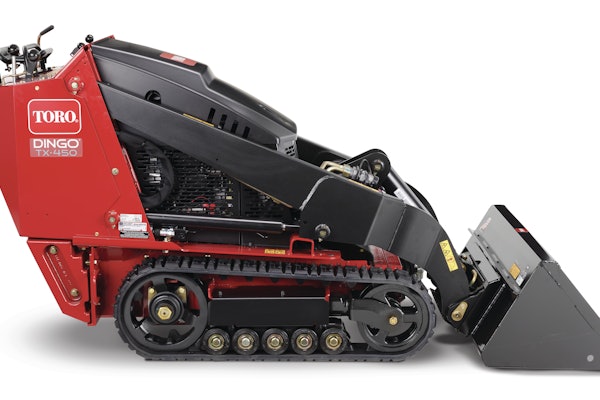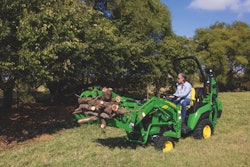
When hiring for your landscaping business, chances are, you may focus on skills and work ethic. These seem like two of the most important things to look for in a potential hire. But one factor that often gets overlooked is “emotional intelligence.” If you feel that you aren’t choosing the right people to come work for your business, it could be that you’re not looking closely enough at this important factor.
Also referred to as “EQ,” or one’s “emotional quotient,” emotional intelligence has a lot to do with how people interact with one another—as well as how they handle things internally. More officially, EQ is defined as the “ability to recognize and understand emotions in oneself and others—as well as the ability to use that understanding to manage behavior and relationships.”
If you’re hiring for sales or management positions—or any others that involve lots of interaction with clients or the team—EQ is essential.
Glenn Bertha, success coach and recruiter with LandOpt, LLC, says that EQ is often the “missing puzzle piece” when landscape businesses owners can’t figure out where things went wrong with a hire. On paper, everything about that person might have seemed “just right.” But once they got into the role, things just didn’t work out as planned.
“Someone can have a very high IQ or even have all the skills that seem necessary to complete a job well,” Bertha says. “But if they have a low EQ, and they’re in a role where they have to work with other people, they’re going to struggle. Of course, even how someone handles stress or challenging situations internally can be a problem if they have a low EQ. These aren’t things that necessarily come to light until someone is already hired.”
How to assess EQ
According to Bertha, one of the ways that you can ensure that you’re considering EQ in the hiring process is to include a personality assessment. This is one tool that can help you to determine whether a potential hire’s behaviors and attitudes are the right fit for your company.
There are a variety of different personality tests out there.
“But that’s just one tool and shouldn’t be your only focus,” Bertha adds. “You can also just ask the right questions during an interview to start gauging a candidate’s EQ.”
Bertha says that his favorite interview question is asking the candidate to teach a task as though someone is learning it for the first time.
“It doesn’t matter what the task is,” Bertha says. “It could be how to make coffee or how to water some plants. What you’re listening for is how they teach that task. Are they empathetic? Are they patient? How well do they communicate?”
Bertha suggests listening for phrases like, “Do you understand?” This shows that the candidate wants to ensure everyone is on the same page and demonstrates a high level of empathy (and a higher EQ).
Changing how you hire
It can be intimidating to think about switching up your hiring process. But if you feel that you have not hired the most effective employees in the past, it could be that you’ve failed to analyze EQ. Even incorporating some new interview questions can make a big difference in targeting the type of employees that you desire.
“It doesn’t have to be a huge overhaul to everything you’re doing,” Bertha adds. “You can start with small changes such as incorporating some better interview questions. But ultimately this is not something you want to put off. You can save yourself a lot of hassle and headache by getting better at targeting the type of employee you want for your business.”









